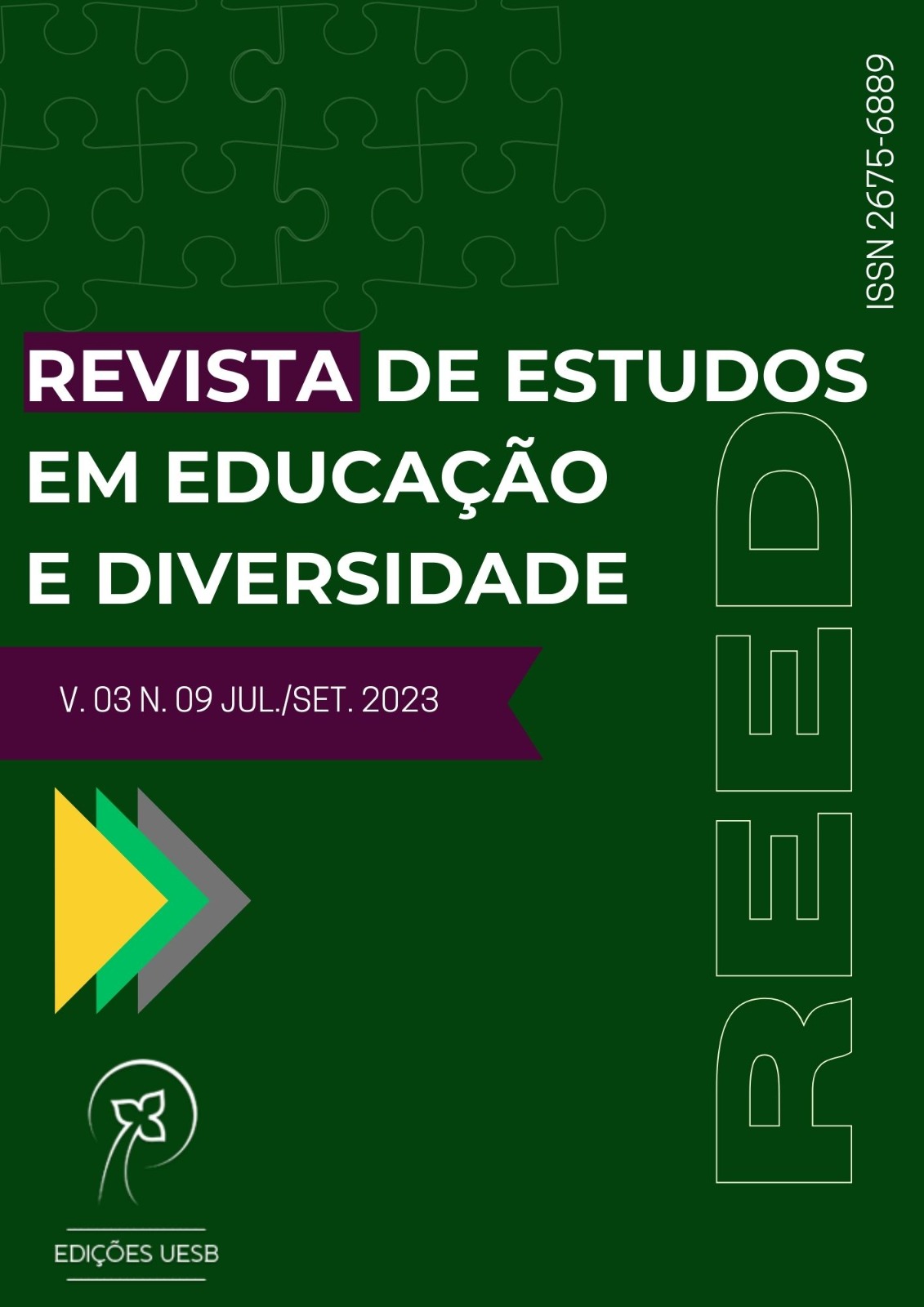“Educational Policy in Brazil: paths to public safety” by David N. Plank
DOI:
https://doi.org/10.22481/reed.v5i12.12888Keywords:
Educatíon, Inequality, PoliticsAbstract
Education has an enormous capacity to change or progress something, its relevance and the possibility of changing people's lives is undeniable, and it has been verified as a great driver of transformation by the author David Plank (2001). In this way, we can discuss the book: Educational Policy in Brazil - Paths to Public Salvation, which deals with aspects of Brazil and its regions, retrieves historical-political-social references; as well as interrelating issues of racial, gender, regional and income distribution inequality, to expose the Brazilian educational system and reflect on the problems. In order to carry out an analysis of the Brazilian education system, it is necessary to understand some elements about the country and its public policies aimed at education, as well as the historical reflexes produced by choices that sideline the educational needs of the Brazilian population. There is also a concern to address aspects of the formation of Brazil and the educational administrative system, which are put forward and discussed in this critical review and which permeate the current reality. It highlights the importance of quality education for all, which involves basic education, higher education, teachers and students for the better mental and personal development of every Brazilian citizen.
Downloads
References
CASTRO, Josué de. Geografia da fome. Rio de Janeiro: Antares, 1980.
PLANK, David N. Política Educacional no Brasil: caminhos para a salvação pública. Porto Alegre: Artmed Editora, 2001.
Downloads
Published
How to Cite
Issue
Section
License
Copyright (c) 2024 Revista de Estudos em Educação e Diversidade - REED

This work is licensed under a Creative Commons Attribution 4.0 International License.
You are free to:
Share - copy and redistribute the material in any medium or format; Adapt - remix, transform, and build from the material for any purpose, even commercially. This license is acceptable for Free Cultural Works. The licensor cannot revoke these freedoms as long as you follow the terms of the license.
Under the following terms:
Attribution - You must appropriately give credit, provide a link to the license, and indicate if any changes have been made. You may do so in any reasonable way, but not in a way that suggests that you or your use is endorsed by the licensor.
There are no additional restrictions - You cannot apply legal terms or technological measures that legally restrict others to make any use permitted by the license.






